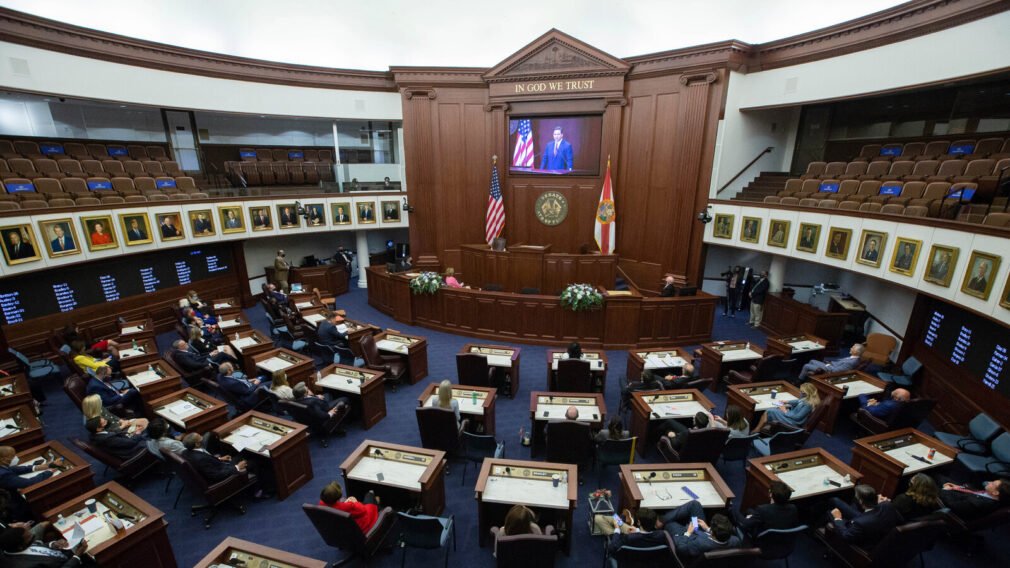Florida’s HB 1467 Targets Lobbying Loopholes After FanDuel Hire
Florida’s gambling laws are getting a big shake-up with House Bill CS/HB 1467, a 2025 measure that’s cracking down on ex-regulators turning into industry lobbyists.

Closing the Revolving Door
The bill, pushed by Representative John Snyder, took aim at cases like Louis Trombetta, who quit as Florida Gaming Control Commission (FGCC) director in December 2024 and joined FanDuel that same month.
The bill slaps a two-year ban on FGCC members and staff taking jobs with firms they regulate, like fantasy sports or betting companies, to avoid conflicts of interest.
“This gives the Gaming Commission additional teeth for enforcement,” Snyder told a House subcommittee, stressing the need to curb shady moves.
Trombetta’s FanDuel gig sparked outrage. Senator Joe Gruters called out the FGCC for shaky enforcement, claiming Trombetta promised to hit DraftKings and FanDuel with cease-and-desist orders that never came.
FanDuel defended the hire, saying, “Our fantasy sports games don’t fall under Florida’s gambling laws,” and insisted Trombetta ditched sensitive FGCC data before starting. But the bill’s new rules would make such quick switches illegal, forcing ex-regulators to wait two years before jumping ship.
Beyond Lobbying: A Gambling Overhaul
HB 1467 is a full-on regulatory tighten-up. The bill revamps FGCC reporting, demanding detailed annual breakdowns of investigations, complaints, and resolutions to boost transparency.
It also lets groups like veterans’ organizations ask the FGCC if their arcade machines are legal, though they don’t have to. On the racing front, it scraps live race requirements for some pari-mutuel taxes and tweaks breeder awards to keep Florida’s horse industry competitive.
“There’s around $30 million annually that goes into the Thoroughbred industry,” said co-sponsor Representative Adam Anderson, defending the changes.
The bill ups the ante on illegal gambling, turning running a gambling house into a third-degree felony from a misdemeanor and adding penalties for trafficking over 15 slot machines. It also bans local governments from passing their own gambling rules, centralizing control with the state.
Recommended
